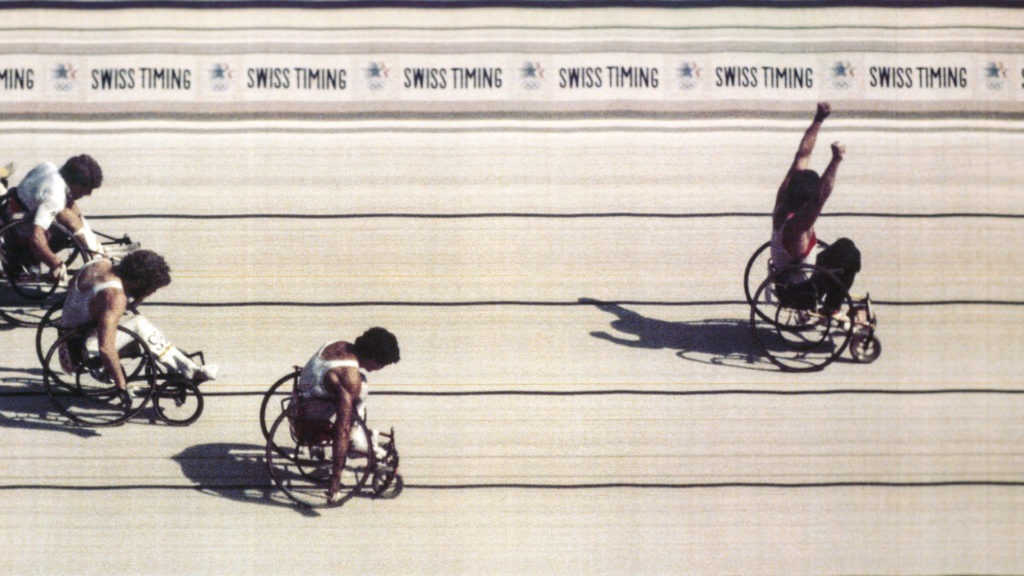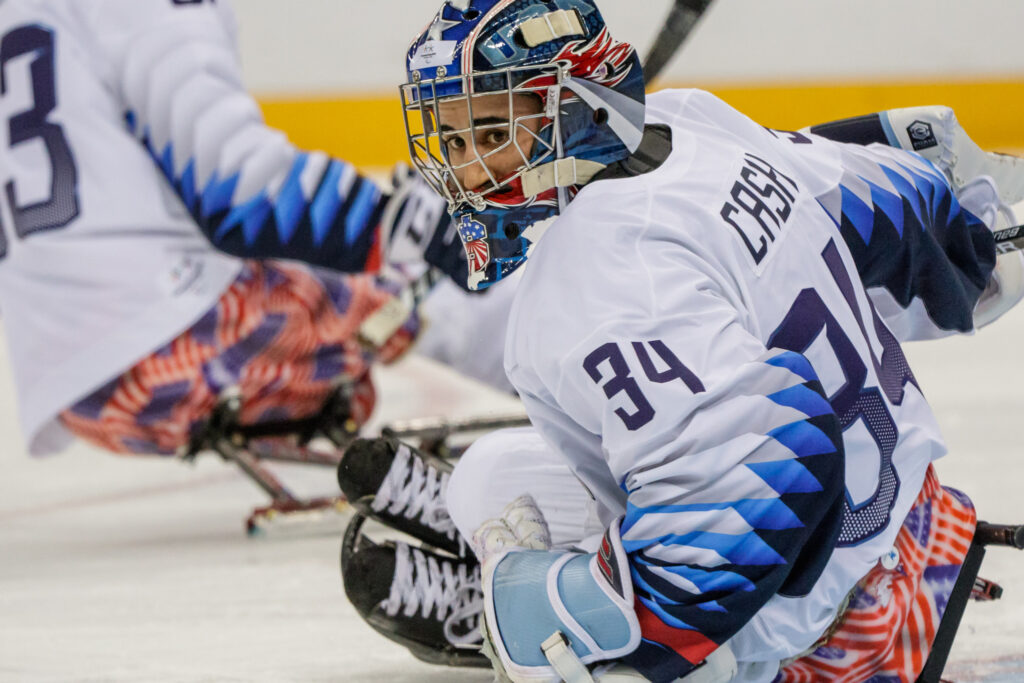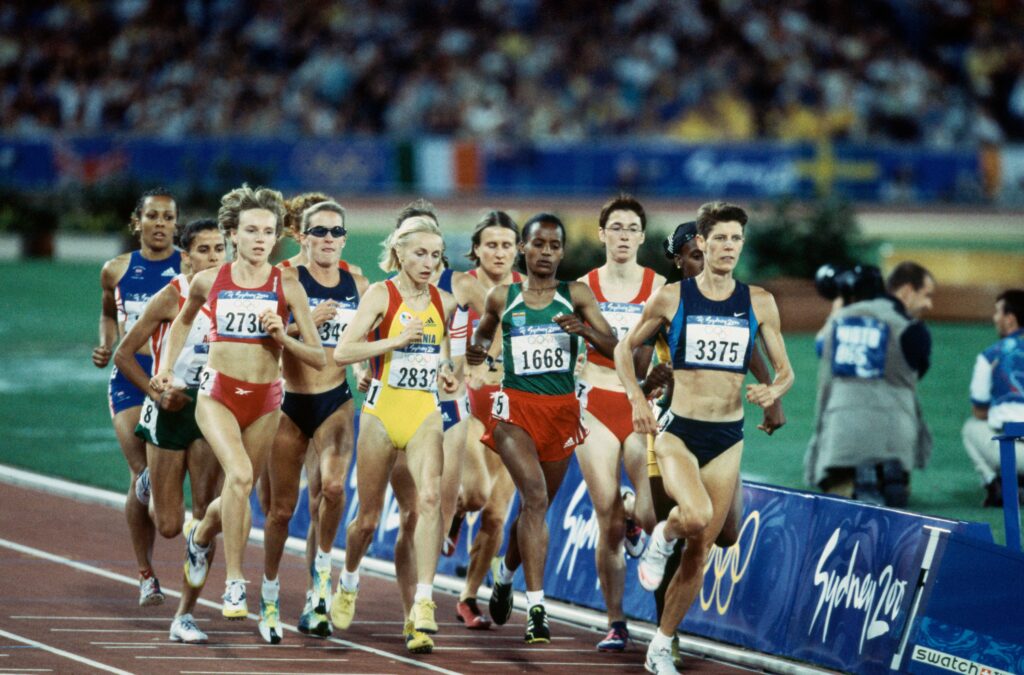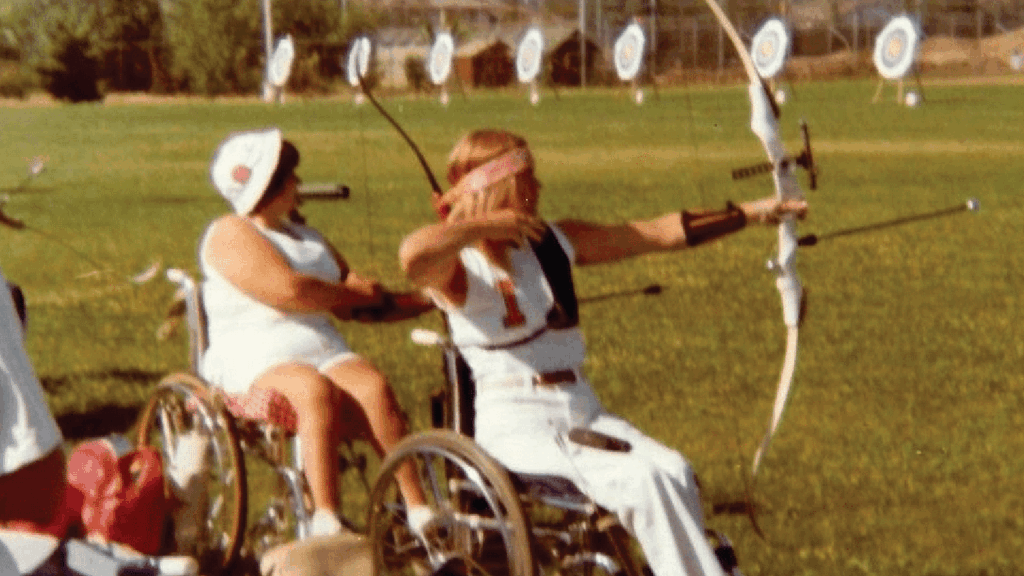Perhaps the greatest wrestler ever, Dan Gable displayed a focus that was nearly unmatched. It was that focus and determination to be the most prepared and best-conditioned wrestler that helped Gable go undefeated as a high school wrestler, win two NCAA championships and lose only once as a college wrestler, win a world championship and then go unscored upon in six matches as he won a gold medal in the Munich 1972 Olympic Games.
Gable then went on to become a most successful college wrestling coach, guiding the University of Iowa to 15 NCAA titles in 21 seasons, with a career record of 355-21-5. He coached the United States freestyle wrestling teams at the Los Angeles 1984 Olympic Games and the Sydney 2000 Olympic Games. (He also was the team’s coach in 1980, when the American team boycotted the Moscow 1980 Olympic Games.)
“I’m a big believer in starting with high standards and raising them,” Gable said. “We make progress only when we push ourselves to the highest level. If we don’t progress, we backslide into bad habits, laziness and poor attitude.”
How determined was Gable? Leading up to the Munich 1972 Olympic Games, he would later acknowledge, he had torn cartilage in his left knee but refused to get surgery out of concern that it might cause him to miss the Olympics and his chance to win gold.
Gable’s work ethic was legendary. Hit fitness was superior as he went through a workout regimen that would have left others worn out.
“When I’m ready to stop I start wondering what the Russians are doing, and then I keep going,” Gable said.
Interestingly, Gable credited his one college loss – a 13-11 result against Larry Owings of the University of Washington in the 1970 NCAA 142-pound championship – with motivating him to win an Olympic gold medal.

















